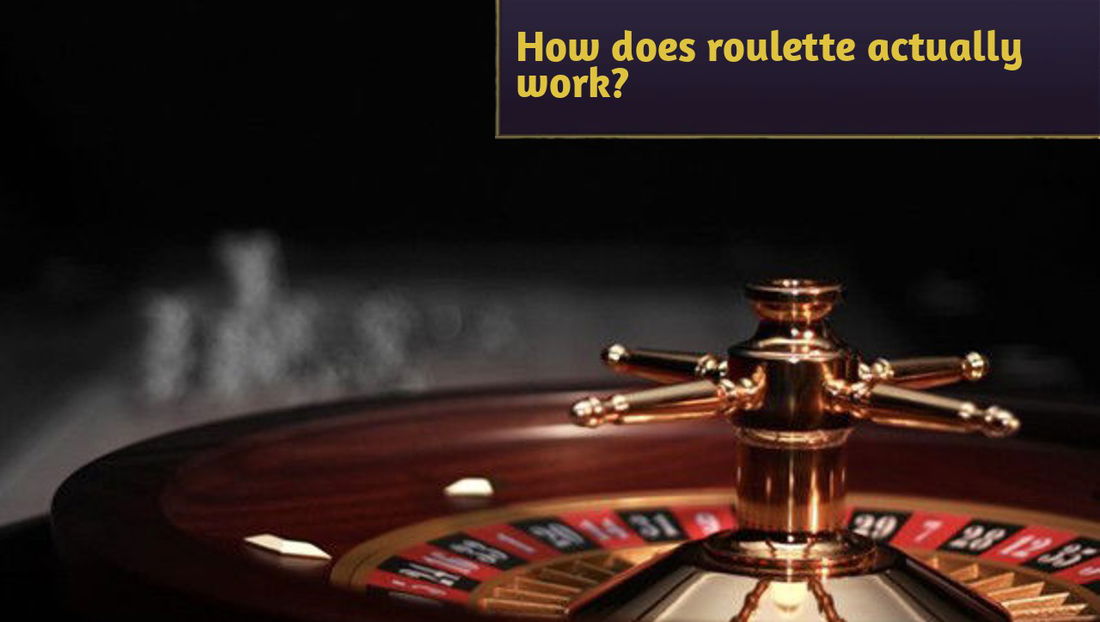Whether it be collectible card games (CCGs), blackjack, or poker tables, cross-over abilities are remarkably effective!
Under Pressure Decision-Making Strategies
Magic: The Gathering or Yu-Gi-Oh! are competitive card games in which players constantly assess their options while managing limited resources such as cards, time, and hit points. Each move counts, and rushing decisions may lead to losses; similarly, casino games that involve skill, such as poker or blackjack, also necessitate well-timed decisions based on the current game state.
Ad
Both environments reward players who remain calm and plan several steps. Decision-making under pressure without letting emotions take over is essential; pausing, assessing outcomes, and selecting the most efficient move can reduce impulsive plays while improving long-term success.
Risk Evaluation and Administration: An Approach
Card game players frequently balance the risk and reward associated with playing a potent card too soon with saving it for later use. This same skill applies directly to casino gambling, where each bet requires careful consideration when placing bets; knowing when it is best to fold or call can help ensure optimal gains from every bet you place in poker, for instance.
Strategic players often ask themselves these two types of games:
● What is the balance of risk versus reward?
● Do I have enough resources left over if this move goes awry?
● What are my opponent's chances?
● Disciplined plays or the decision to call it off can make all the difference between success and costly miscalculations.
Pattern Recognition and Probabilities
Success in CCGs often relies on players recognizing card synergies, anticipating an opponent's next move, and remembering past plays. Over time, players begin recognizing patterns that help predict outcomes—something that also comes in handy in casino games when tracking cards in blackjack or watching betting behavior in poker.
Understanding probability benefits both gaming environments, providing players with more informed decisions. Knowing the odds of drawing certain cards or hitting specific numbers helps shape smarter choices - even for games such as roulette, where the house edge remains constant, understanding odds makes bets more informed and secures winning streaks!
Bluffing and Reading Opponents
Bluffing isn't exclusive to poker; in strategic card games, it can also help a player to mask weaknesses or draw out opponents with powerful moves, creating the basis for reading opponents at a casino table and reading your opponents psychologically. Recognizing nervous habits, betting patterns, or overconfidence will assist your decisions as you make them.
Mastering how to read a room and conceal your intentions is an invaluable ability that translates across many industries and situations. From pretended weakness in poker games to tricking opponents into traps in card games, this knowledge requires observation and timing skills for success.
Resource Planning and Long-term Strategy Development
CCG players accustomed to managing mana, cards in hand, and health points as part of building toward victory are adept at thinking beyond the current turn and into several turns later when planning for success. This type of long-term thinking easily transfers over to games such as blackjack or poker, where managing your chips and stamina over time is equally essential as each individual hand played.
Ad
Effective resource managers typically:
● Before playing, set a maximum loss limit.
● Keep track of how their chip stack changes after each hand is played.
● Change their strategy depending on their level of involvement with an existing session.
This mentality helps players stay grounded and focus on sustainable play instead of chasing big wins without an adequate plan.
Adaptability and Leaping Over Losses
No strategy lasts unchanged throughout an entire game. Skillful card players know to modify their tactics based on what their opponent brings and adapt accordingly. In contrast, casino players must flex their strategies according to changing table dynamics and their bankroll.
Losses are part of the learning curve in both games. Reflecting upon your losses, identifying what went wrong, and adjusting your approach are invaluable; players who treat every loss as feedback rather than failure tend to make faster gains and smarter decisions over time.
Build Strategic Habits That Last
Gamers often develop habits in strategic card play that aid them when gambling at casinos, including:
● Maintain a calm demeanor even when things turn against you, even when the game turns against you.
● Tracking statistics and outcomes to refine strategy
● Maintaining equilibrium is vital in staying objective by controlling emotional reactions after a win or loss.
● Gain small but consistent advantages by studying game rules and mechanics to gain small but lasting advantages.
● Staying aware of patterns and behavior among opponents
These aren't flashy moves but small habits that build consistently successful outcomes.
For those looking to explore strategic gameplay in real-world settings, this list of top-rated online casinos at http://sciotovalleyguardian.com/best-online-casinos/ offers a helpful starting point to see how your skills might translate.
Conclusion
While strategic card games and casino games differ on the surface, their core skills required for success are strikingly similar. If you have experience mastering card battles, the mental tools may also exist to excel at casino tables. Applying logic, discipline, and adaptability from card battles into casino gameplay requires applying those same qualities successfully in a new environment, whether that involves bluffing in poker or making calculated plays in dueling duels--recognizing this overlap allows players to maximize both environments simultaneously.





— コメント0
最初にコメントする